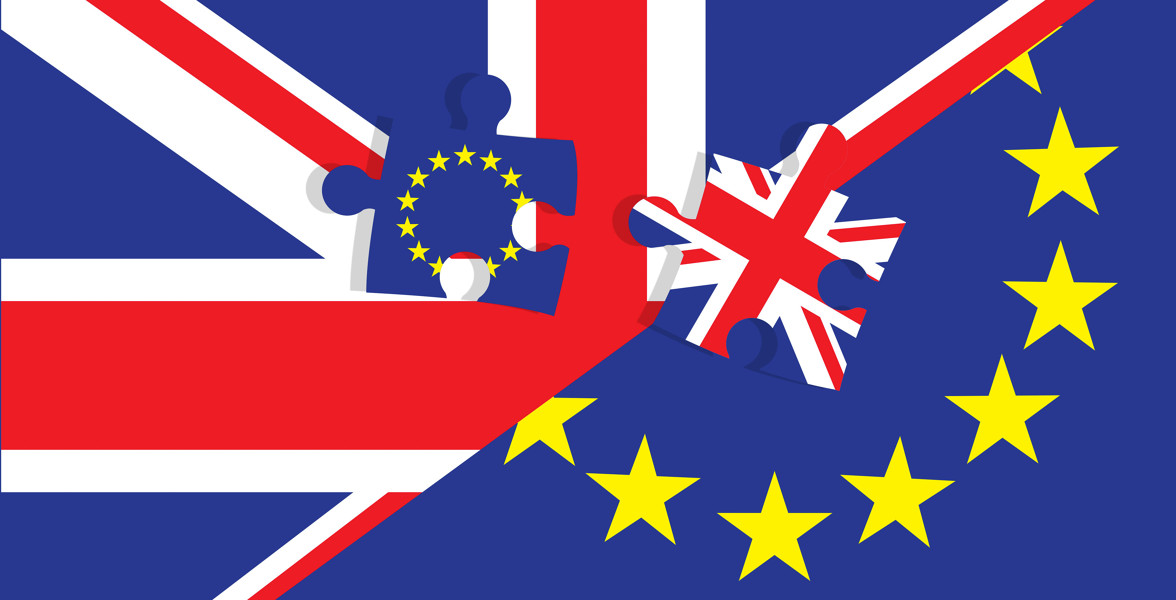The introduction of the Unitary patent seemed something of the distant future because of the 'Brexit'. However, a recent statement of the British government revealed an intention to ratify the Unitary Patent Court Agreement. Surprising, because the Unitary patent was set up for member states of the European Union and the 'Brexit' would place the UK outside of the European Union.
The British government made the intention known during a meeting of the 'Competitiveness Council of the European Union' on November 28, 2016. The statement is as follows:
"The UK government has confirmed it is proceeding with preparations to ratify the Unified Patent Court Agreement. […] But the decision to proceed with ratification should not be seen as pre-empting the UK’s objectives or position in the forthcoming negotiations with the EU. Following the announcement today, the UK will continue with preparations for ratification over the coming months. It will be working with the Preparatory Committee to bring the Unified Patent Court (UPC) into operation as soon as possible. The UPC itself is not an EU institution, it is an international patent court. The judiciary appointed include UK judges."
In the statement, the UK indicates that the Unified Patent Court (UPC) is not an EU institution but an international patent court. It appears that the UK is using this argument to justify the ratification to the Unified Patent Court Agreement (UPCA) in view of the 'Brexit'.
This will again link the UK to the European Union, as the Agreement specifies that prejudicial questions regarding the Unitary patent will be handled by the European Court of Justice. Moreover, it remains very unclear what the consequences of the UK ultimately leaving the European Union will be for the membership of the UK to the Agreement and for Unitary patents that would already be granted. The Agreement does not yet contain any stipulations as to member states leaving the Agreement.
When the UK remains a member of the Agreement as a non-EU member state, then the UK would at the very least have to acknowledge the supremacy of the European Court of Justice regarding Unitary patents. If, on the other hand, the 'Brexit' would have the consequence that the UK would no longer be part of the Agreement, then transitional regulations have to be in place for Unitary patents already granted, to ensure the rights of the Patentee in the UK.
The intention of the UK to ratify the Unified Patent Court Agreement (UPCA) could be a big step towards the Unitary patent. The ratification however still has to pass the British parliament and could be potentially delayed if the ratification was to be used for political negotiations in preparation for the 'Brexit'. If the British parliament passes the ratification, then the ratification could in principal be deposited within a few months. After that, only Germany has to ratify to obtain the minimum number of 13 member states and the Agreement, and thus the Unitary patent, could enter into force in the course of 2017. It however remains to be seen how other member states will respond to the ratification by the UK as long as the consequences of the 'Brexit' for the Unitary patent are still very unclear.
The Unitary patent can provide significant cost reductions for Patentees who validate the current European bundle patent in a great number of European member states. Moreover, it is expected that the Unitary patent can be used effectively in infringement proceedings.
We will keep you updated about the latest developments. If you have any questions regarding the Unitary patent, please read our file on the Unitary patent or contact one of our patent attorneys.
